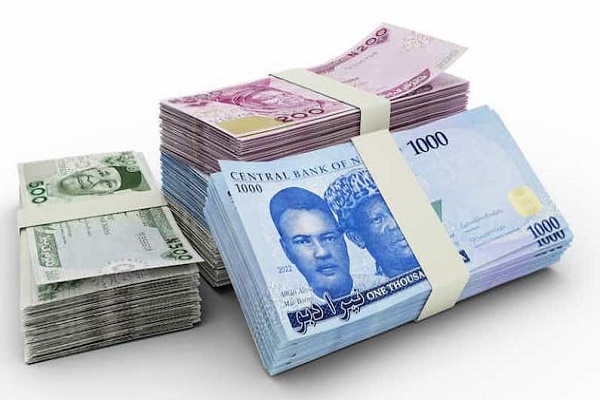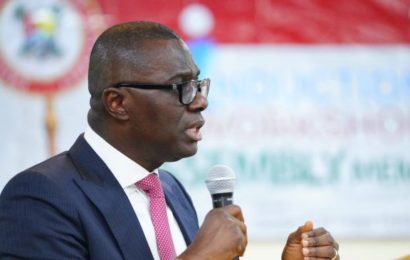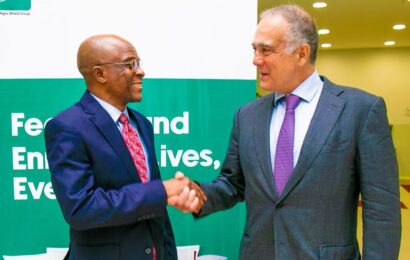
Barring last-minute adjustment, a proposal by the Presidential Committee on Tax Policy and Fiscal Reforms may stop about 63 Ministries, Department and Agencies (MDA) from collecting revenue on behalf of the Federal Government.
Some of the agencies are the Nigerian Maritime Administration and Safety Agency (NIMASA) Nigerian Customs Service (NCS), Nigerian Ports Authority (NPA), and Nigerian Postal Service.
Others are: the National Automotive Design and Development Council, the Federal Mortgage Bank of Nigeria, the Nigerian Upstream Petroleum Regulatory Commission, and the Nigerian Communications Commission (NCC).
To be affected also are: Bank of Agriculture, Nigerian Bulk Electricity Trading, Tertiary Education Trust Fund, Federal Radio Corporation of Nigeria, Nigerian Railway Corporation, Federal Reporting Council of Nigeria, Nigerian Maritime Administration and Safety Agency, Corporate Affairs Commission, Nigeria Civil Aviation Authority, National Broadcasting Commission, Joint Admission and Matriculation Board (JAMB), among others.
According to the committee, the Federal Inland Revenue Service (FIRS)will begin the collection of taxes usually operated by 62 other agencies including the Nigerian Customs Service.
Taiwo Oyedele, the head of the Presidential Committee, disclosed this during an interview with Channels Television on Wednesday.
He said this means the Customs Service can now focus on trade facilitation and border protection, and Nigerian Communications Commission on regulating telecommunications as they are not set up to collect revenue.
Oyedele explained that Nigeria’s revenue from taxes is one of the lowest in the world adding,
“Ironically, our cost of collection is one of the highest. And the reason for that is that we’ve got all manners of agencies. The Federal Government alone, we have 63 MDAs that were given revenue targets last year, no: in the 2023 budget,”
“And two things that would come up from that: on one hand, these agencies are being distracted from doing their primary function which is to facilitate the economy. Number two, they were not set up to collect revenue, so, they won’t be able to collect revenue efficiently.
“So, move those revenue collection functions to the FIRS. It has two advantages: the cost of collection and efficiency will improve, these guys will focus on their work, and the economy will benefit as a result.”
He noted that this means FG agencies will focus on service delivery and less on raising revenue, adding:
“If you are Customs, focus on trade facilitation, and border protection and if you are NCC (Nigerian Communications Commission), just regulate telecommunications. You are not set up to collect revenue.
“It can be your revenue and someone else can collect it for you. There will be more transparency because you see what is being collected and is accounted for properly. It is also a way of holding ourselves to account as to how we spend the money we collect from the people.”
He added that he expects pushback from stakeholders and others benefitting from the process, but the committees would stick to its sole objective and added the presidential committee would look into excess bank charges.
He also pointed out that Nigeria has a significant tax gap estimated in the region of N20 trillion urging that we need to focus more on the few major taxes – Value Added Tax, Corporate Income Tax, Personal Income Tax, adding:
“A lot of people are not (tax) compliant, particularly the middle class and the elite, some of them are in the tax net with one or two fingers, you pay a thousand naira as tax when you should have paid N10m,” he said.
“In fact, we plan to repeal many of the taxes that currently make doing business difficult without introducing new ones and yet collect more,”






